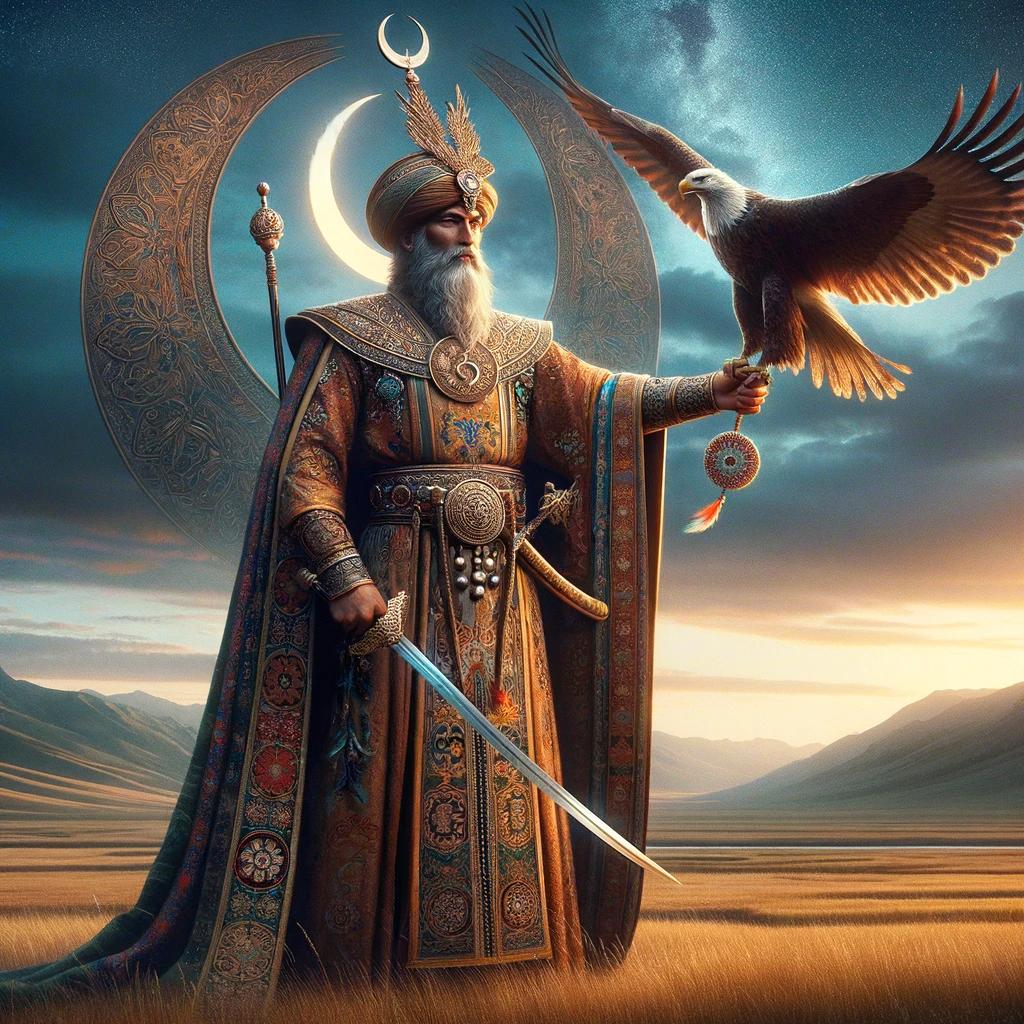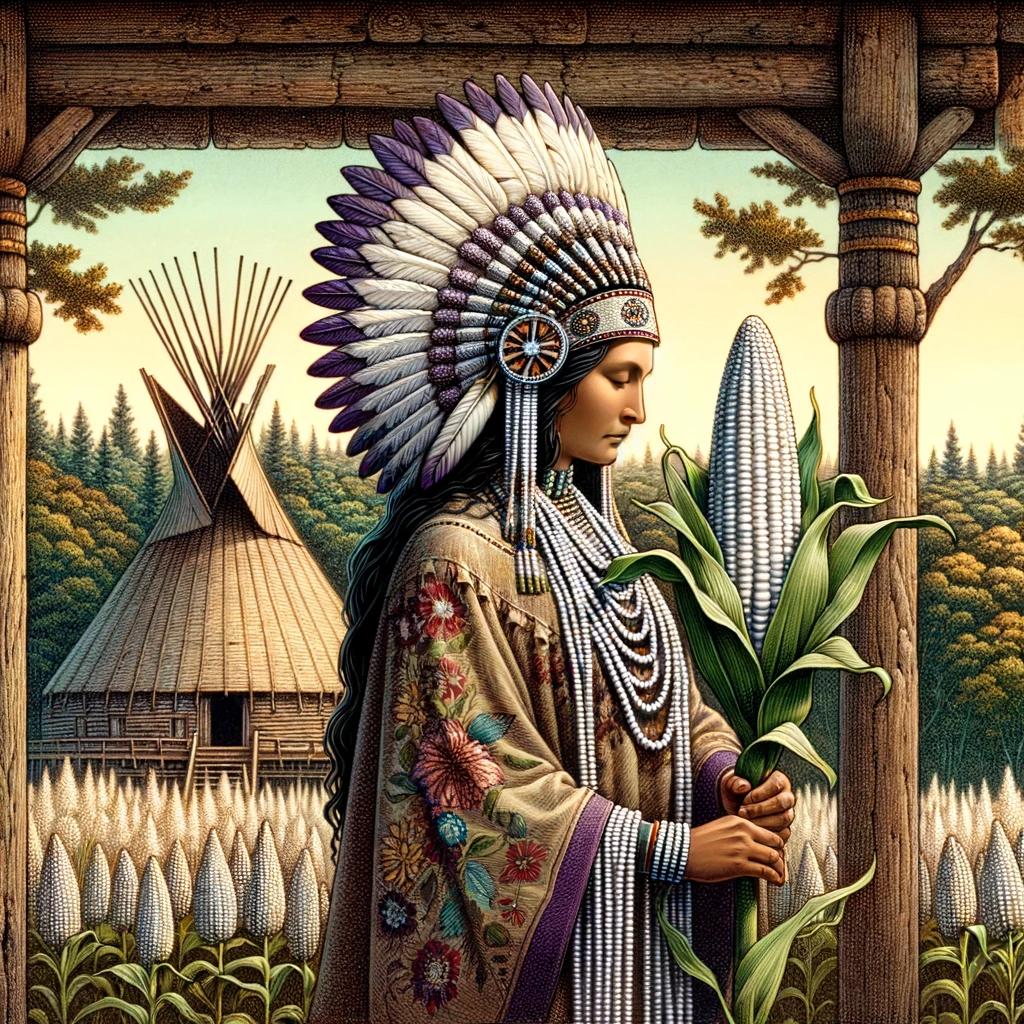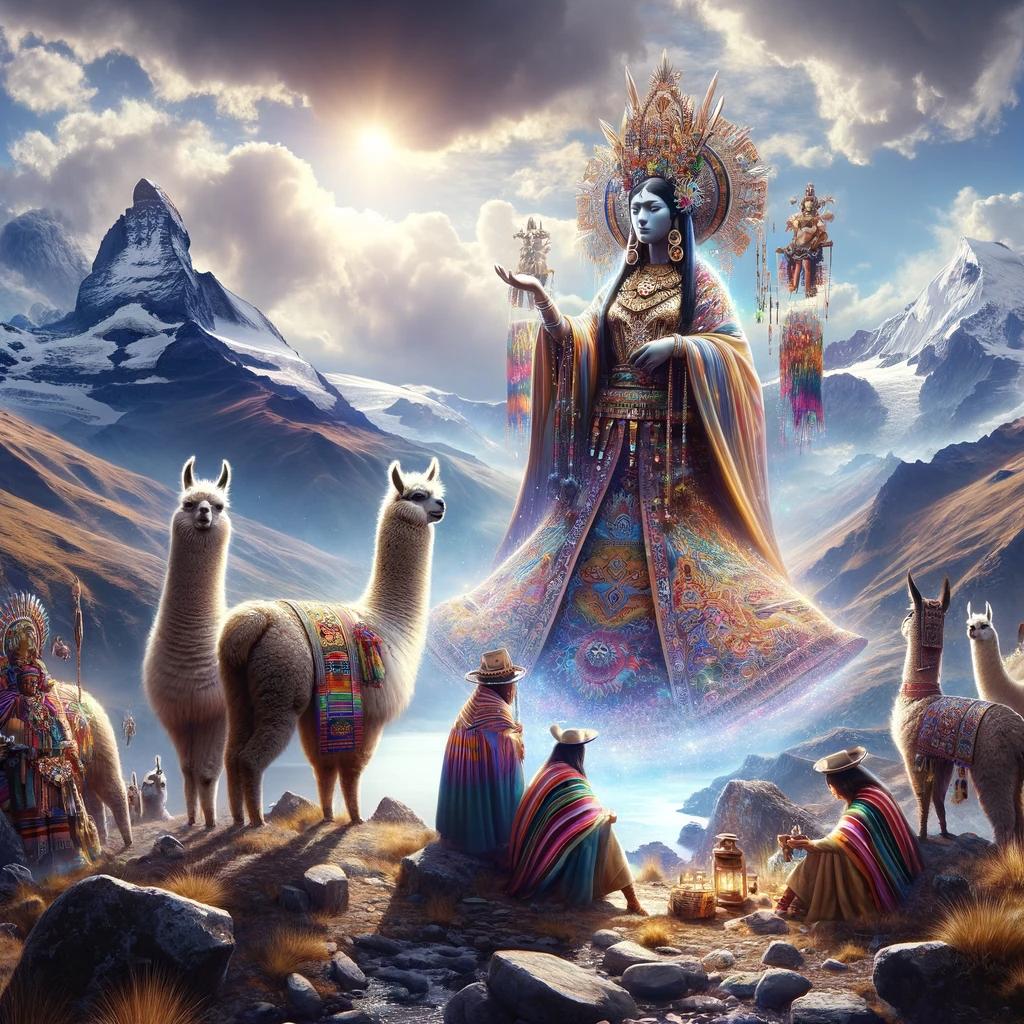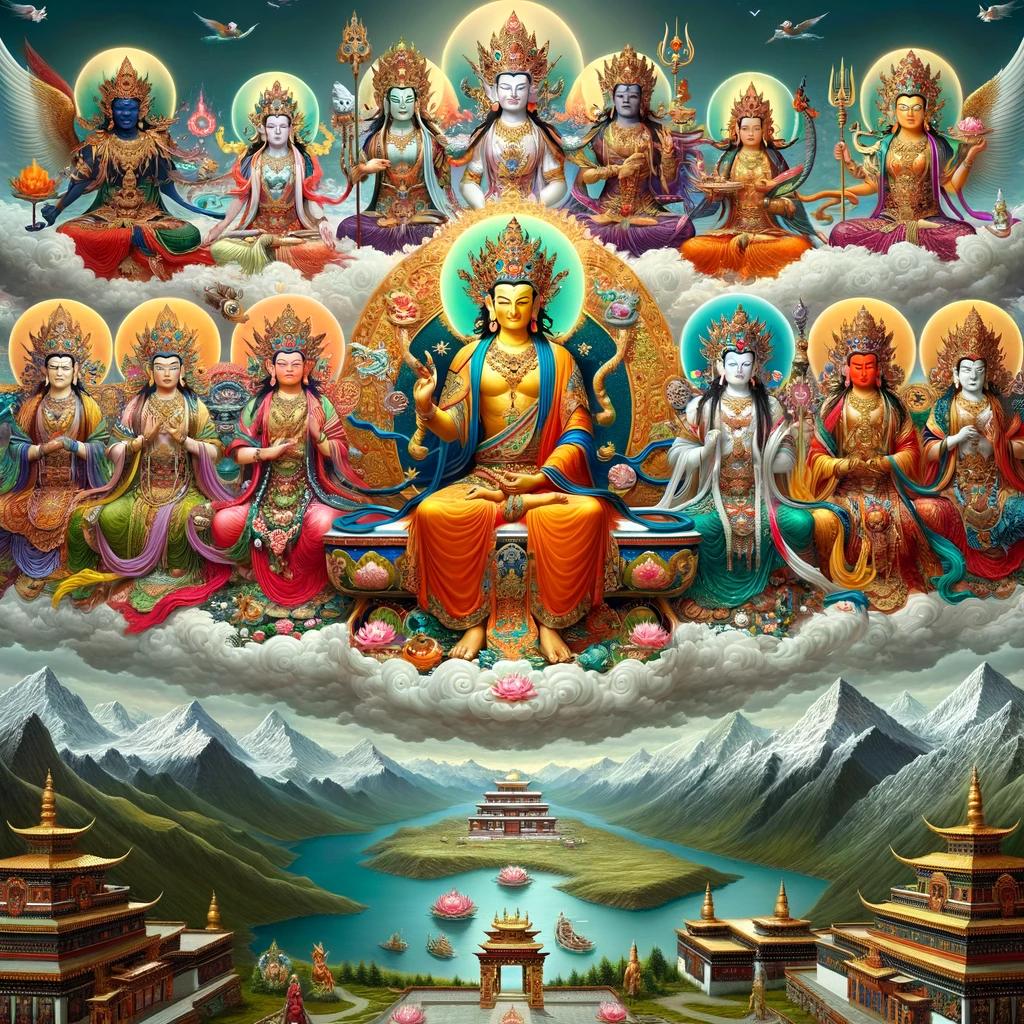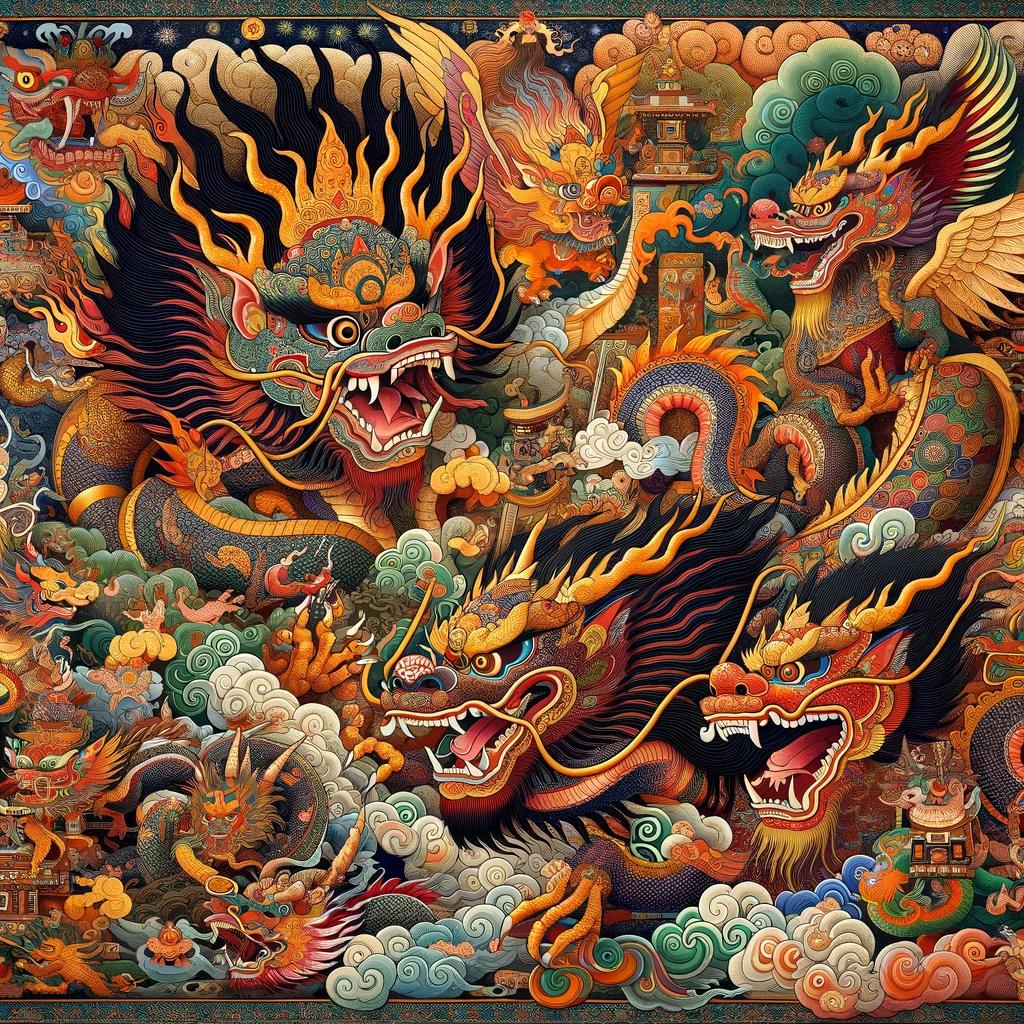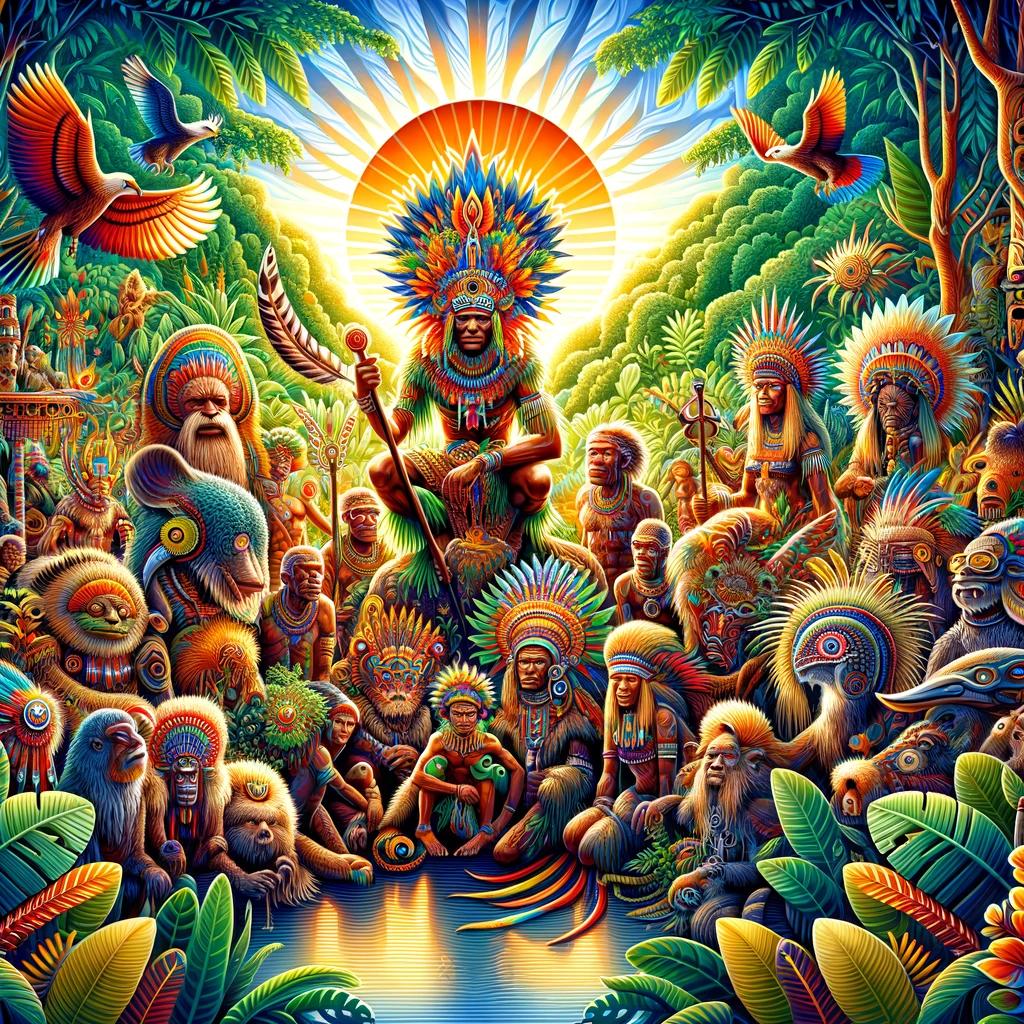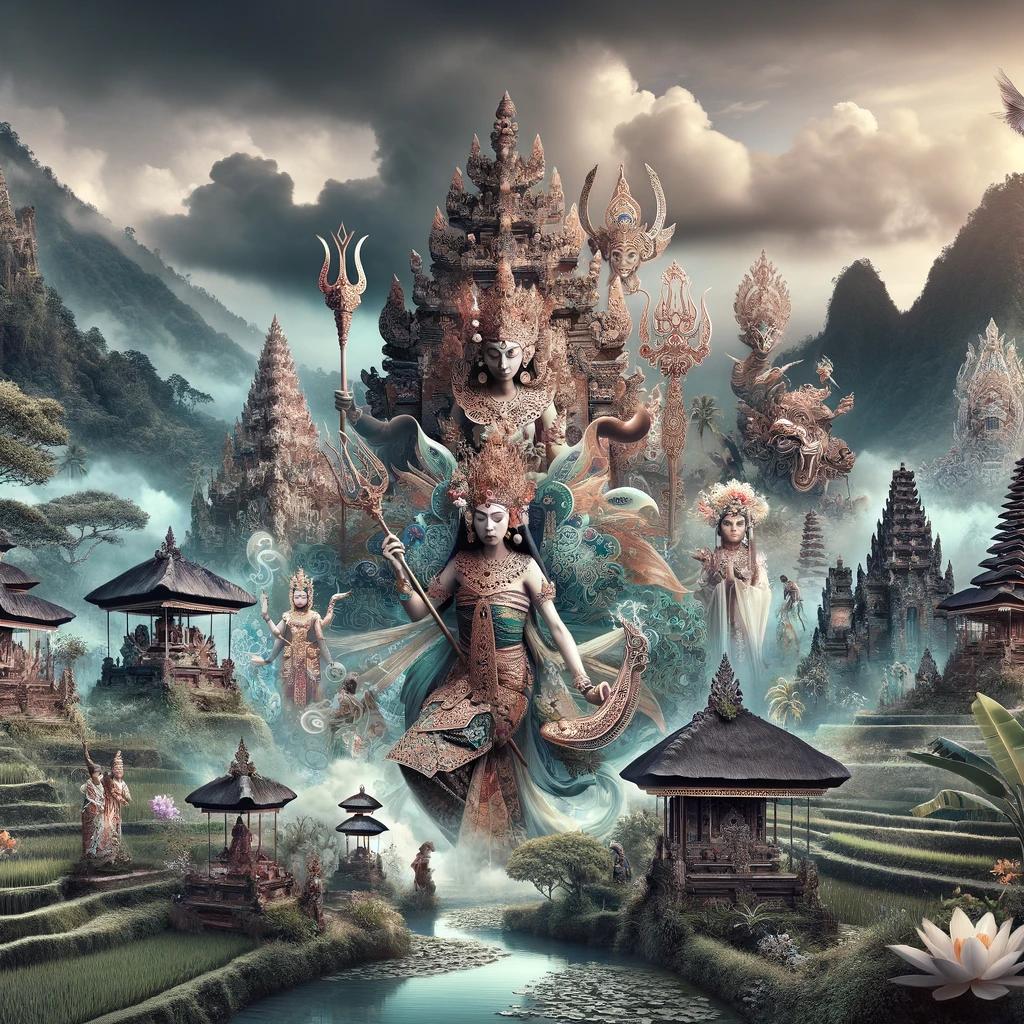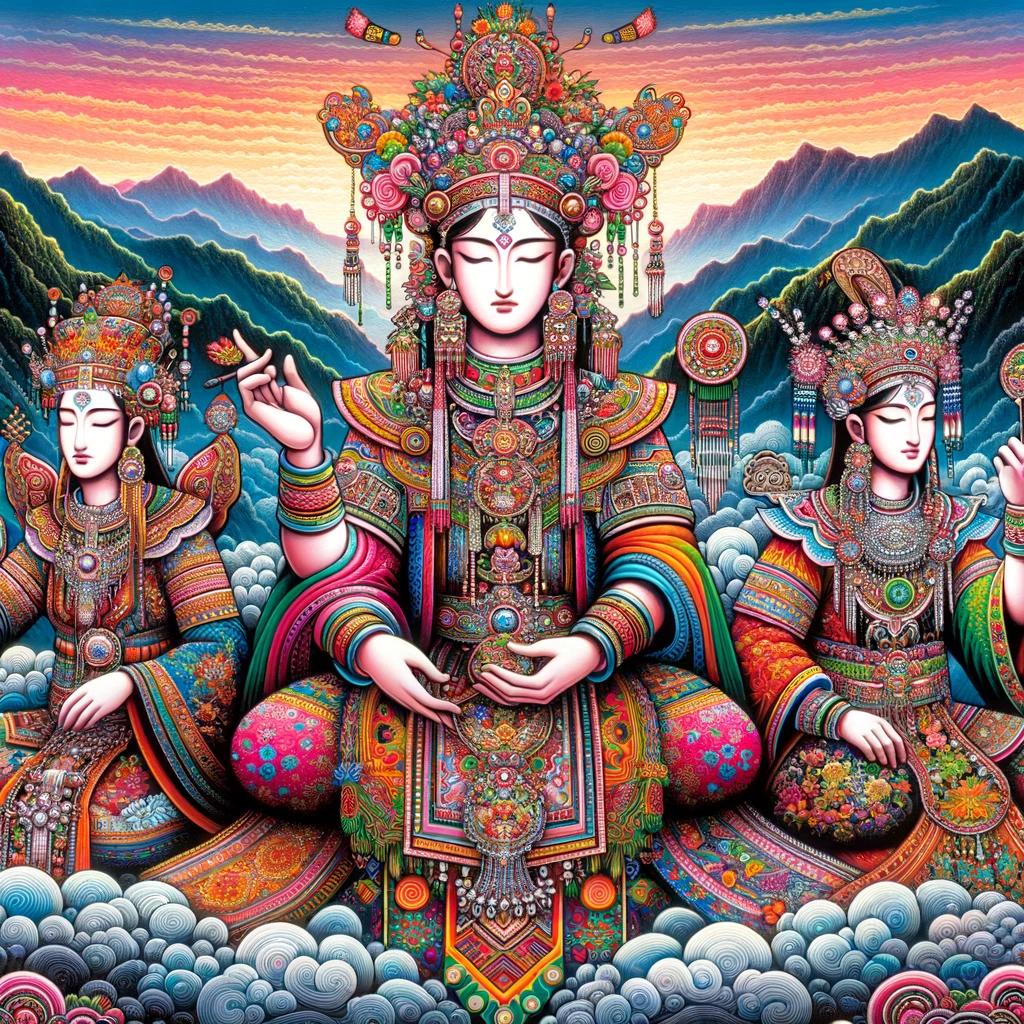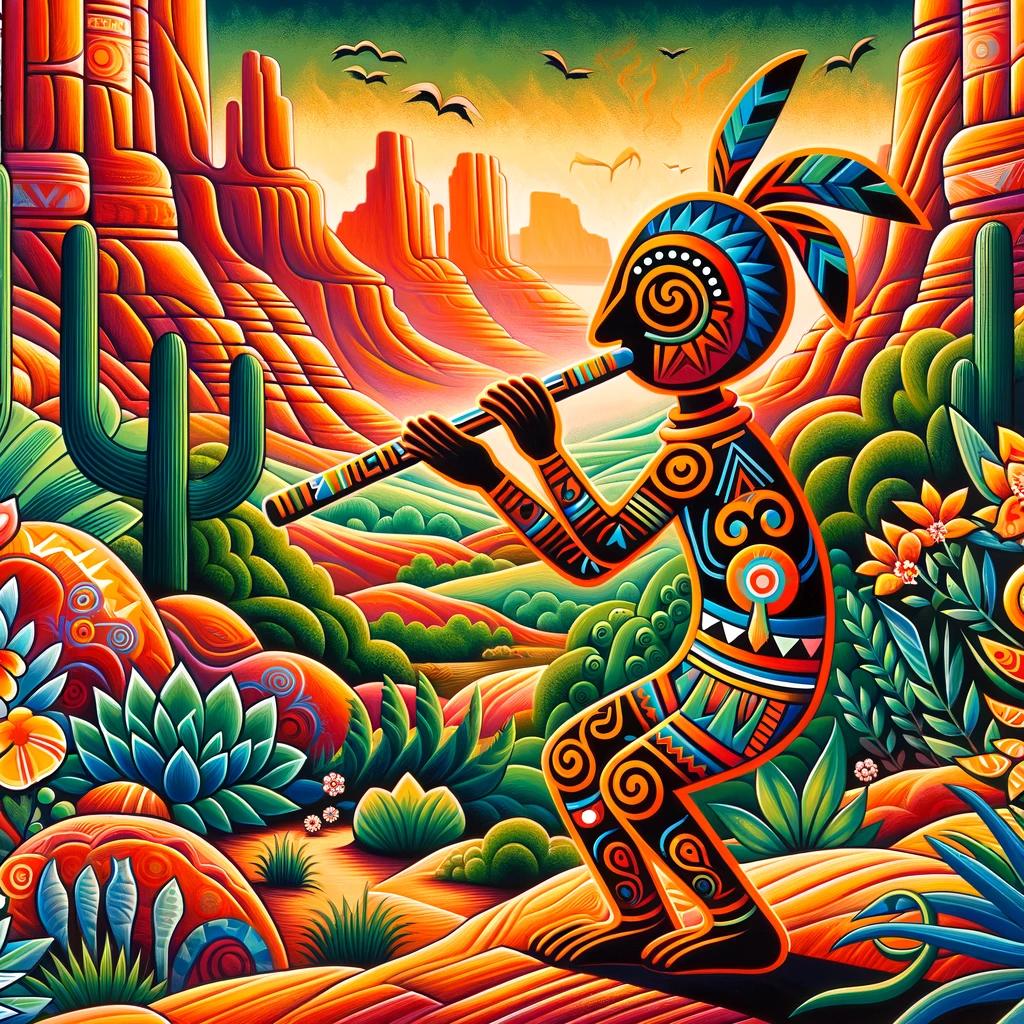Turkic Mythology Gods and Goddesses: A Fascinating Journey into Ancient Legends
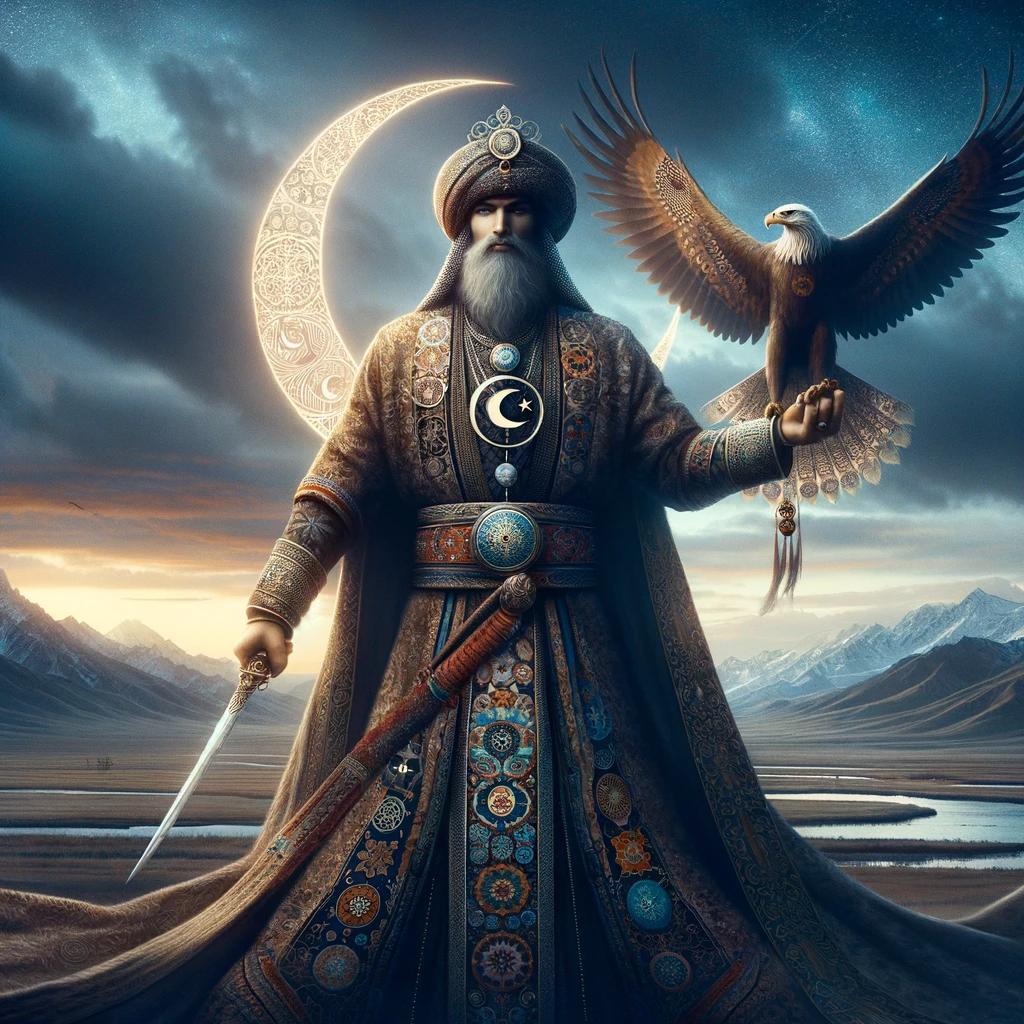
Turkic mythology is a rich tapestry of ancient legends that captivate with their enchanting tales. With origins rooted in the Turkic culture, this belief system revolves around a vast pantheon of gods and goddesses.
These deities hold tremendous significance, ranging from Tengri, the supreme sky god, to Umay, the goddess of fertility and women’s protection. Stories of heroic journeys, battles between good and evil, and romantic sagas have been passed down through generations, highlighting the cultural and artistic influences of Turkic mythology.
Join us as we explore this captivating world, delving into its beliefs, creatures, and the enduring tales that shape its heritage.
Turkic Mythology Gods and Goddesses: Exploring Ancient Legends
Embark on a captivating journey into the fascinating world of Turkic mythology, a rich collection of ancient legends that have shaped the cultural heritage of Turkic people. Delve into the origins of Turkic mythology, tracing its roots back to ancient times, and discover the key figures that inhabit this mystical realm.
Uncover the beliefs and practices that have been passed down through generations, offering a glimpse into the spiritual and religious aspects of Turkic culture.
Origins of Turkic Mythology
Explore the historical and cultural influences that have contributed to the development of Turkic mythology. Discover how ancient Turkic tribes intertwined their beliefs with nature, celestial bodies, and ancestral spirits, creating a unique and captivating mythological framework.
Key Figures in Turkic Mythology
Meet the prominent gods and goddesses of Turkic mythology who hold pivotal roles in the tales and legends. From Tengri, the supreme sky god believed to have created the universe, to Umay, the goddess of fertility and protector of women, learn about the divine entities worshipped and revered by the Turkic people.
Beliefs and Practices in Turkic Mythology
Gain insight into the belief system and religious practices that revolve around Turkic mythology. Discover the rituals, ceremonies, and offerings dedicated to the gods and goddesses, as well as the spiritual connection between humans and the divine beings that govern various aspects of life.
Join us in this enthralling exploration of Turkic mythology, and immerse yourself in the enchanting tales, ancient legends, and the cultural significance of these gods and goddesses.
The Pantheon of Gods and Goddesses
Delve into the realm of Turkic mythology, where a pantheon of gods and goddesses resides, each with their own unique domain and role in ancient legends.
Journey through the celestial and earthly realms as we explore the captivating tales of these powerful deities.
In the expansive Turkic cosmos, Tengri reigns as the supreme sky god, embodying the vastness of the heavens and controlling the forces of nature. As the ruler of the celestial realm, Tengri represents power, creation, and the divine essence that permeates all things.
Umay: The Goddess of Fertility and Protector of Women
Umay, the goddess of fertility, protects women and ensures the prosperity of their households. As a guardian deity, she oversees childbirth, marriage, and the nurturing of life. Umay’s benevolence and divine influence bring abundance and fortune to those who honor her.
Erlik: The God of Death and the Underworld
Erlik, the formidable god of death and the underworld, holds dominion over the realm of spirits and shadows. In Turkic mythology, he judges the souls of the deceased and guides them to their eternal resting places.
Respected and feared, Erlik embodies the enigmatic and cyclical nature of life, death, and rebirth.
Ülgen: The God of Wisdom and Heavenly Light
Ülgen, the god of wisdom and heavenly light, illuminates the path of knowledge and guides seekers towards enlightenment. His divine wisdom and benevolence empower humans to overcome challenges and navigate the complexities of life with clarity and grace.
Gök Tengri: The Celestial Sky God
Gök Tengri, the celestial sky god, commands the celestial forces and maintains harmony between the heavens and Earth. His omnipresence blesses mankind with celestial protection and ensures the continuity of the world.
Gök Tengri’s expansive domain extends from the vast sky above to the very essence of every living being.
Han, the radiant god of the sun, bathes the world in his warm and life-giving light. As the ruler of the celestial world, Han governs the cycles of day and night, symbolizing the eternal cycle of life itself.
His unwavering presence brings hope, vitality, and creativity to all within his divine embrace.
Creatures and Spirits in Turkic Mythology
Creatures and spirits hold a special place in Turkic mythology, playing significant roles in the ancient legends and folklore. These beings inhabit the realm between the mortal and divine worlds, bringing both chaos and balance to the Turkic cosmology.
Let’s explore some of the fascinating creatures and spirits that feature prominently in Turkic mythology.
Albastı: The Trickster Spirit
Albastı, known as the trickster spirit, is a mischievous and cunning entity that delights in playing pranks on both mortals and gods alike. With his quick wit and unpredictable nature, Albastı often challenges societal norms and expectations, offering a different perspective to the world.
His presence brings a sense of humor and unpredictability to Turkic mythology, reminding us of the ever-changing nature of life.
Ülgün: The Spirit of the Hunt
Ülgün, the spirit of the hunt, is revered for his connection to the natural world and his role as a guardian of the animal kingdom. In Turkic mythology, Ülgün ensures the balance between hunters and the creatures they pursue, teaching respect for the cycle of life and the importance of sustainability.
Hunters often seek the guidance and blessings of Ülgün, believing that his favor will secure a successful and respectful hunt.
Tükenmez: The Guardian Spirit of the Home
Tükenmez, the guardian spirit of the home, is a protective entity closely associated with domestic spaces and the well-being of families. Turkic people believe that Tükenmez safeguards households against negative energies, bringing harmony, prosperity, and emotional stability to those within its care.
Through rituals and offerings, families seek to maintain a strong bond with Tükenmez, ensuring the safety and happiness of their home.
Kar-Khan: The Snow King Spirit
Kar-Khan, often called the Snow King, personifies the majestic and harsh nature of winter. Considered a powerful deity in Turkic mythology, Kar-Khan is associated with the snow-capped mountains and freezing winds that shape the Turkic landscapes.
While Kar-Khan is formidable and sometimes unforgiving, the Turkic people also see his presence as a source of resilience and a reminder of the strength required to endure extreme weather conditions.
Yel-Tanri: The Wind God
Yel-Tanri, the wind god, commands the forces of nature through the power of the wind. In Turkic mythology, the wind is seen as a dynamic and influential deity capable of bringing both adversity and fortune.
Yel-Tanri is honored for his control over the wind, which affects agriculture, navigation, and the changing seasons. The Turkic people respect and seek the favor of Yel-Tanri, recognizing his ability to shape their daily lives.
These creatures and spirits embody the intricate tapestry of Turkic mythology, adding depth and a touch of mysticism to the belief system. From the mischievous Albastı to the mighty Yel-Tanri, each entity holds a unique place in the ancient tales of the Turkic people, perpetuating the cultural heritage and connecting the past with the present.
- Albastı: The Trickster Spirit
- Ülgün: The Spirit of the Hunt
- Tükenmez: The Guardian Spirit of the Home
- Kar-Khan: The Snow King Spirit
- Yel-Tanri: The Wind God
Significant Tales and Legends
Embark on a journey through the enchanting world of Turkic mythology with its significant tales and legends.
These captivating stories have been passed down through generations, weaving a tapestry of heroes, love, and battles between good and evil.
The Creation of the World
One of the most revered tales in Turkic mythology is the creation of the world. It tells the story of how the world came into existence, filled with celestial beings and magical creatures.
According to legend, the universe was born from the primordial egg, with the god Tengri bringing order and balance to the cosmos.
The Epic of Manas: A Heroic Journey
The Epic of Manas is an epic poem that follows the heroic journey of Manas, a legendary warrior and leader. It spans thousands of verses, chronicling his valor, love, and unyielding determination in the face of adversity.
This epic serves as a testament to the bravery and resilience of the Turkic people.
The Love Story of Ay Yıldız and Ay Ata
A tale of love and devotion, the story of Ay Yıldız and Ay Ata captures the hearts of those who hear it. It tells the tale of two star-crossed lovers, separated by fate but bound by an unbreakable love.
Their story transcends time and reminds us of the power of love in the face of obstacles.
The Battle between Good and Evil: Köroğlu and Kazan
A clash between good and evil, the battle between Köroğlu and Kazan is a legendary confrontation that tests the limits of heroism. Köroğlu, a beloved folk hero, stands against the forces of darkness embodied by the villainous Kazan.
This epic battle showcases the eternal struggle between light and darkness, right and wrong.
These significant tales and legends are just a glimpse into the vast world of Turkic mythology. They offer insights into the values, beliefs, and cultural heritage of the Turkic people, forever etched in the annals of history.
Influences of Turkic Mythology in Culture and Art
The rich tapestry of Turkic mythology has deeply influenced various forms of culture and art throughout history. The captivating stories and beliefs have inspired artists, musicians, dancers, and writers, resulting in a diverse and vibrant cultural landscape that reflects the essence of Turkic mythology.
Turkic Mythology in Traditional Music and Dance
Traditional Turkic music and dance embrace the mystical elements of mythology, infusing performances with symbolic gestures and rhythmic patterns. The melodic tunes and intricate choreography often depict ancient legends and mythical creatures, evoking a sense of wonder and profound connection with Turkic heritage.
Melodies that Echo Mythical Tales
- Traditional musical instruments such as the kopuz and the dombra are used to create harmonious melodies that resonate with the mythical narratives of Turkic gods and goddesses.
- Lyrics often draw inspiration from ancient poems and epics, bringing to life the heroic deeds and eternal love stories woven within Turkic mythology.
Dance as an Expression of Mythical Characters
- Turkic dances, like the Eagle Dance and the Fire Dance, embody the essence of mythological creatures and divine beings, capturing their grace, power, and spiritual significance.
- Dancers don vibrant costumes adorned with symbols representing various gods and goddesses, adding visual storytelling to the performance.
Turkic Mythology in Visual Arts and Crafts
Visual arts and crafts have also been influenced by Turkic mythology, offering a visually striking portrayal of the deities, creatures, and tales that make up this rich mythological tradition.
Mythical Motifs in Paintings and Sculptures
- Artists depict gods and goddesses through intricate paintings and sculptures, capturing their divine attributes and embodying the essence of their roles in Turkic mythology.
- Mythical creatures such as dragons, phoenixes, and griffins often find their place in decorative art, symbolizing the inherent power and enchantment present in Turkic mythology.
Handcrafted Artifacts Inspired by Mythology
- Skilled artisans create exquisite jewelry, traditional costumes, and intricate textiles, incorporating symbolism and motifs from Turkic mythology into their designs.
- Embroidery, weaving, and metalwork often feature intricate patterns and symbols representing gods, goddesses, and mythical creatures, keeping the spirit of Turkic mythology alive in everyday objects.
Turkic Mythology in Literature and Poetry
Turkic mythology has also influenced a wide range of literary works and poetry, allowing the captivating tales to be immortalized through the written word.
Epic Poems and Ballads of Heroic Adventures
- The epic poem “The Book of Dede Korkut” and the ballad of “Köroğlu” are examples of literary works that vividly depict the adventures, battles, and valor of mythological heroes.
- These timeless narratives have been revered and passed down through generations, keeping alive the legends and moral teachings embedded in Turkic mythology.
Mythological Themes in Contemporary Literature
- Modern authors draw inspiration from Turkic mythology, incorporating its themes, characters, and symbolism into their literary works.
- These contemporary interpretations serve as a bridge between the ancient tales and the present, cultivating an appreciation for the enduring legacy of Turkic mythology.
The influences of Turkic mythology in culture and art continue to thrive, providing a captivating tapestry that celebrates the rich heritage and profound impact of these ancient legends.

